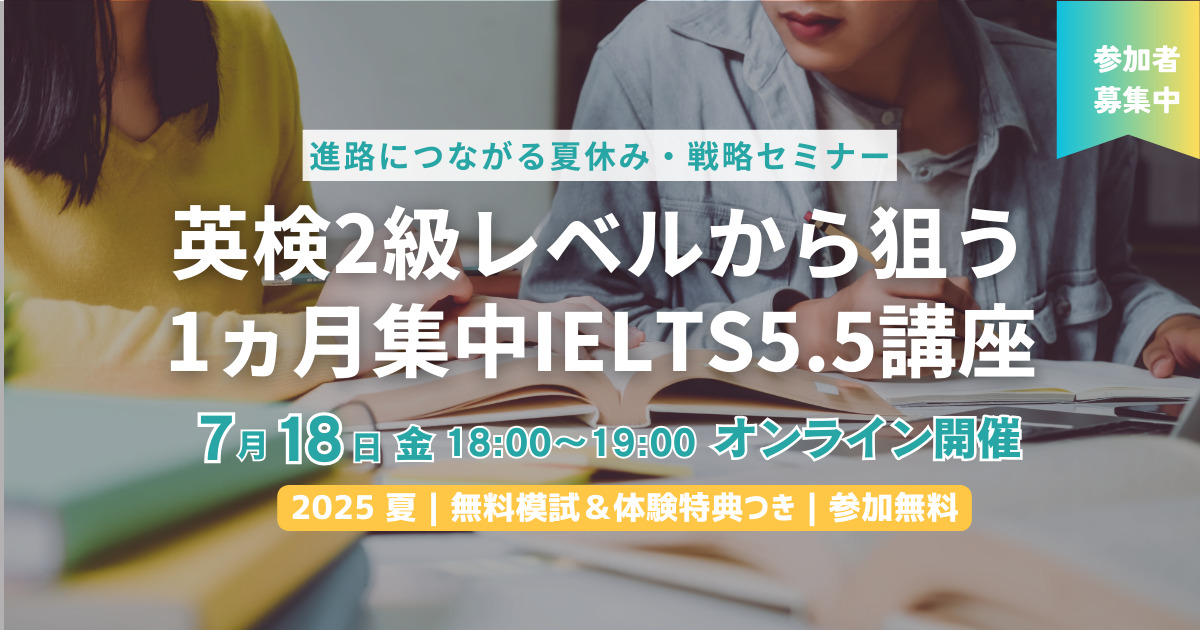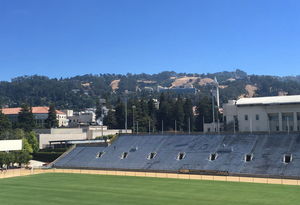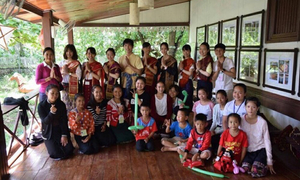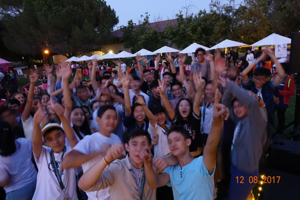中高生レポート② | ジョンズ・ホプキンス大学 「Center for Talented Youth」Civic Leadership Institute
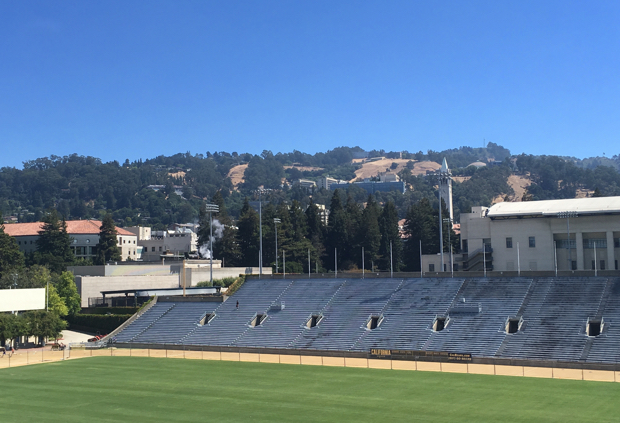
田中陸さん(アメリカ・ボーディングスクール10年生)
- 主催:ジョンズ・ホプキンス大学、ノースウェスタン大学
- プログラム名:「Johns Hopkins University Center for Talented Youth Civic Leadership Institute」Session2
- 参加期間:2017年7月の約3週間
- 対象:G9〜12(高校生)
- 場所:カリフォルニア大学バークレー校(カリフォルニア州バークレー)
 中高生レポーター
中高生レポーターあなたもチャレンジ・レポートを書いてみませんか?
\ あなたの言葉が学びの輪を広げていく /
ジョンズ・ホプキンスCTY│社会貢献について学べるプログラム
私は、この夏休みにアメリカの大学が開催する3週間のサマープログラムに参加しました。
この「Johns Hopkins University Center for Talented Youth Civic Leadership Institute(CTY)」は、アメリカの「ジョンズ・ホプキンス大学」と「ノースウェスタン大学」が共同で開発した、社会貢献について学ぶ高校生向けの3週間のサマープログラムで、「カリフォルニア大学バークレー校」で開催されました。
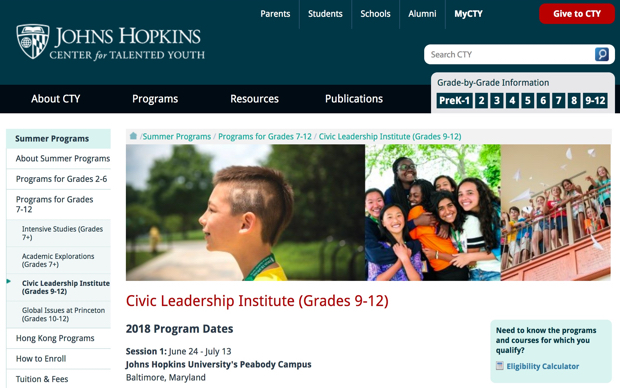

私は現在アメリカのボーディングスクール(G10)に留学していますが、日本のインターナショナルスクール(G4-8)に在籍していたとき、生徒会活動の一環でNPOでの炊き出しやフードドライブ(食料品の寄付)に参加して、ボランティア活動に興味を持つようになりました。
アメリカの高校に入ってからは、学校の近くの小学校の放課後クラスで毎週学習指導をしていて、この夏休みには日本の小学校の英語教室やNPOの子ども食堂の手伝いをしました。
こうした活動の経験から、ボランティア団体の構造や存在意義について体系的に学びたいと思い、このプログラムへの参加を決めました。
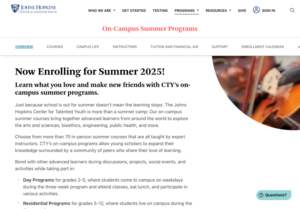

ジョンズ・ホプキンスCTY│日本からもオンライン申し込みが可能
このプログラムは、大学の「CTY」(Center for Talented Youth)やノースウェスタン大学の「CTD」(Center for Talent Development)に認定された高校生向けですが、認定されていなくても成績表やテストスコアや推薦状を提出して申し込むことができます。
全世界からオンラインで応募が可能で、私も申し込みから支払いまでは(親が)オンラインで行いました。
受け入れが決まると「なぜこのプログラムに参加しようと思ったか」「このプログラムでどんなことを学びたいか」などエッセイの課題がいくつか出るので、書いてオンラインで提出しました。
エッセイのほかにも本人と保護者の誓約書や許可書や健康診断書や予防接種の記録など、たくさんの書類をオンラインで提出しました。
ジョンズ・ホプキンスCTY│朝から夜までスケジュールがびっしり
プログラム初日は、サンフランシスコの空港までスタッフが迎えに来てくれて、専用のシャトルバンでカリフォルニア大学バークレー校に向かいました。


その後大学の寮に案内され、私はひとつ年上のルームメイトとのふたり部屋になりました。
夕方に大学に到着して、夜には早速授業がスタート。
最初の授業はノースウェスタン大学のルイス教授による「ベイエリアのコミュニティについて」の講演でした。内容はこれらの地域の歴史や現状などについての大切な講義でしたが、疲れや時差ボケもあって起きているのが辛かったです。
翌日からは午前3時間、午後2時間の授業があり、さらにアクティビティ(1時間半)、講演(1時間)、講演内容についてのディスカッション(1時間半)、寮の終礼(30分)があり、朝9時から夜10時15分までスケジュールがびっしり詰まっていました。
授業はボランティアやリーダーシップについてのイントロダクション(概論)から始まり、貧困とは何か、平等な社会とはどういうことかなど、正解のないテーマについてディスカッションを重ねました。
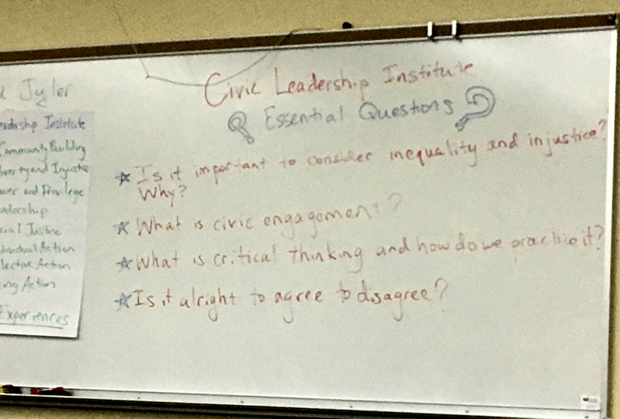

私がとくに興味深いと感じたのは、「リーダーシップとは歴史の流れや社会の仕組みの中で定義される」という授業でした。
たとえば産業革命の時代には効率化が重視されていたので、リーダーはトップダウンで効率よく部下をまとめるスキルが求められました。
しかし、現代はイノベーションが重視されているので、リーダーはどうしたら部下から良いアイデアを引き出せるか、どうしたらアイデアを出しやすい環境を作れるかといったボトムアップのスキルが求められています。
リーダーシップというわかりやすい価値観でさえも、時代によってその定義が左右され、ニーズも大きく変わってくることを知りました。
ジョンズ・ホプキンスCTY│フィールドワークも充実
授業には週に3回のフィールドワークが含まれていて、NPOでの炊き出しや、託児施設での保育や、法律で禁止されている街中での飲酒を防ぐための呼びかけなどをしました。
炊き出しは2時間ひたすら人参を切る単純作業でしたが、この作業が約600人のホームレスの人々の食事につながっていると考えることで、貧困や食料の分配について考える機会となりました。
このように授業で学んだことをもとに実際に活動して、理論と現実ではどう違うか、どんな問題点を感じたかなどを各自がフィードバックするのを「サービスラーニング」というそうです。
一方通行の社会貢献(コミュニティサービス)ではなく、活動を通じて社会や制度について勉強させてもらうという考え方です。
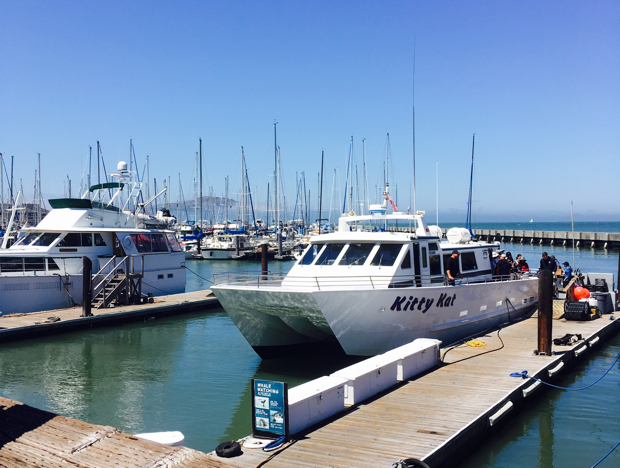

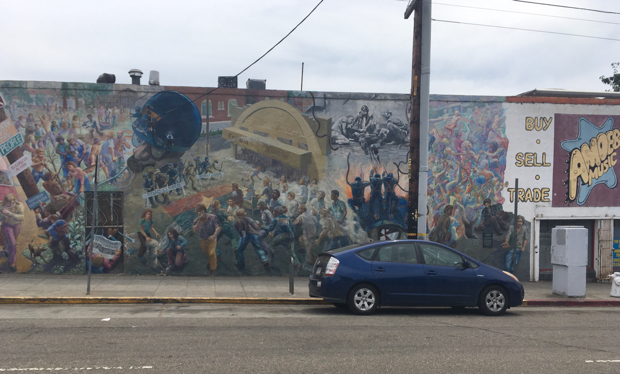

ジョンズ・ホプキンスCTY│ともに3週間がんばった仲間に感謝
最後の1週間は、各自で決めたテーマについてプロジェクトに取り組みました。
これは今まで学んだことを活かして「地域での社会貢献事業」を提案するプロジェクトで、最終日にプレゼンテーションを行いました。
私は、沖縄の離島など観光収入に頼る地域での特別な英語教育プランの提供と、それによる個人と自治体の収入の増加をテーマにプレゼンテーションしました。
クラスメイトのプレゼンテーションの中には、スマホ中毒対策や未成年飲酒問題対策などに取り組んだものなどもあり、どれも興味深いものでした。
プレゼンテーションが終わった後、クラス全員がお互いに感謝の言葉を交わしました。3週間一緒に頑張ってきた仲間との別れは辛く、何人かは涙を流していました。
私はこのサマープログラムで地域社会学や貧困経済学を学び、この分野の勉強に大変興味が湧きました。また、さまざまなボランティア活動を経験することでフィールドワークに対する自信がつきました
そして何よりクラス全員が現代に必要なリーダーシップを発揮したことで、3週間もの間、円滑なコミュニティを作り上げられたことに感謝しています。
